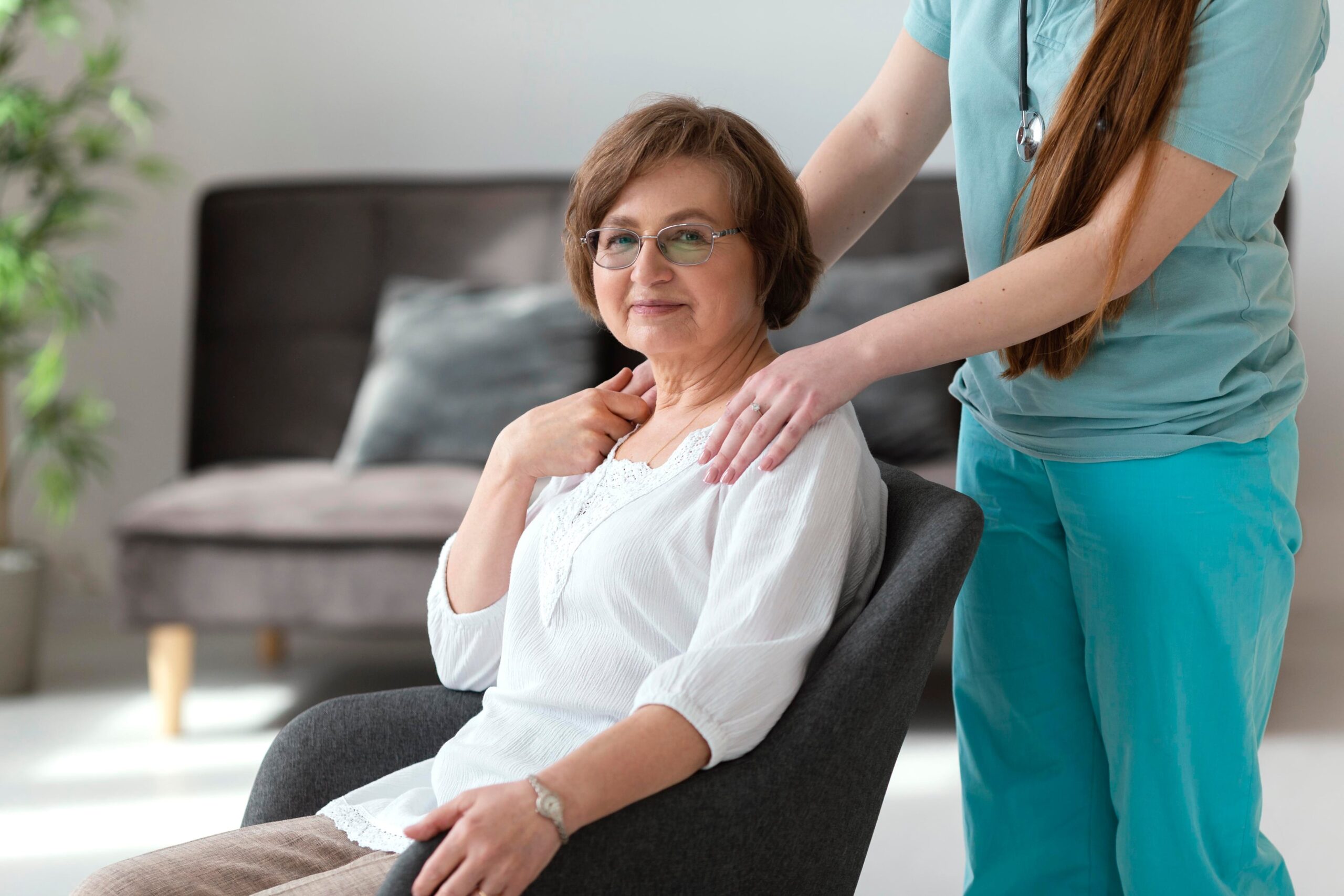Medications play a crucial role in geriatric health as they treat chronic disease, alleviate pain, and improve quality of life. However, drugs are sometimes a double-edged weapon and increased use of drugs by the elderly increases the risk of adverse drug reactions causing increased morbidity and mortality.
Here are some ways to lower the chance of medication related problems:
- Keep a current list of all medications the elderly person takes, both non-prescription and prescription and make sure the primary physician has the list to ensure there are no potential problems between the medications.
- If your loved one goes to multiple doctors, ensure all of them have the current list and monitor any new medications ordered so the pharmacy and the primary doctor can compare them for possible side effects.
- If your loved one goes to the store and buys over the counter medications, remember to check the cabinets frequently for these and check with the primary doctor to see if it is OK for them to use them as some these contain Benadryl and other antihistamines that can cause confusion, constipation, and problems urinating.
- Be aware of potential side effects of all the medications your loved one uses to enable you and others to monitor for them and report this immediately to the physician.
- Review their medications at least monthly to look for hoarding of expired or discontinued medications that could be potentially harmful to your loved one’s health.
